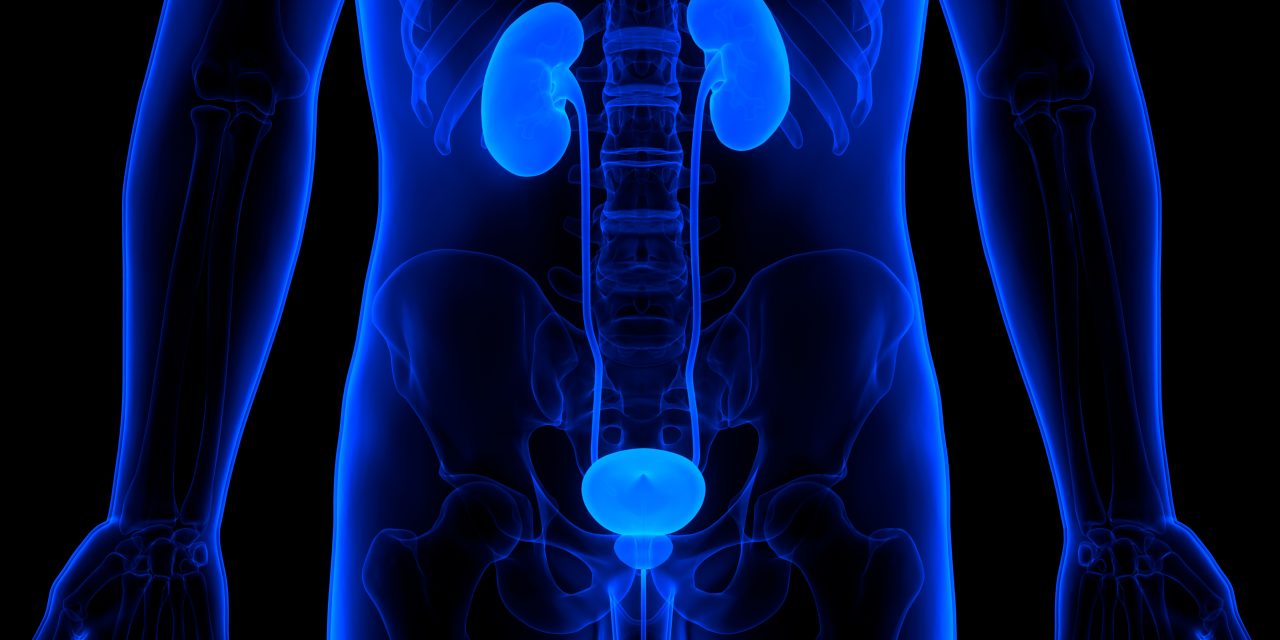To identify whether institutions with strong Conflicts of Interest (COI) policies receive less industry payments than those with weaker policies. While industry-physician interactions can have collaborative benefits, financial COI can undermine preservation of the integrity of professional judgment and public trust. To address this concern, academic institutions have adopted COI policies. It is unclear whether the strength of COI policy correlates with industry payments in urology.
131 U.S. academic urology programs were surveyed on their COI policies, and graded according to the American Medical Student Association (AMSA) criteria. Strength of COI policy was compared against industry payments in the Center for Medicare and Medicaid Services Open Payments database.
57 programs responded to the survey, for a total response rate of 44%. There was no difference between COI policy groups on total hospital payments (p = 0.05), total department payments (p = 0.28), or dollars per payment (p = 0.57). On correlation analysis, there was a weak but statistically non-significant correlation between AMSA Industry Policy Survey Score and Open Payments payments (ρ = -0.14, p = 0.32).
Strength of conflicts of interest policy in academic urology did not correlate to industry payments within the Open Payments database. Establishment of strong COI policy may create offsetting factors that mitigate the intended effects of the policy. Further studies will be required to develop the evidence base for policy design and implementation across various specialties.
Copyright © 2020. Published by Elsevier Inc.
Strong Conflict of Interest Policies are not Associated with Decreased Industry Payments to Academic Urology Departments.


